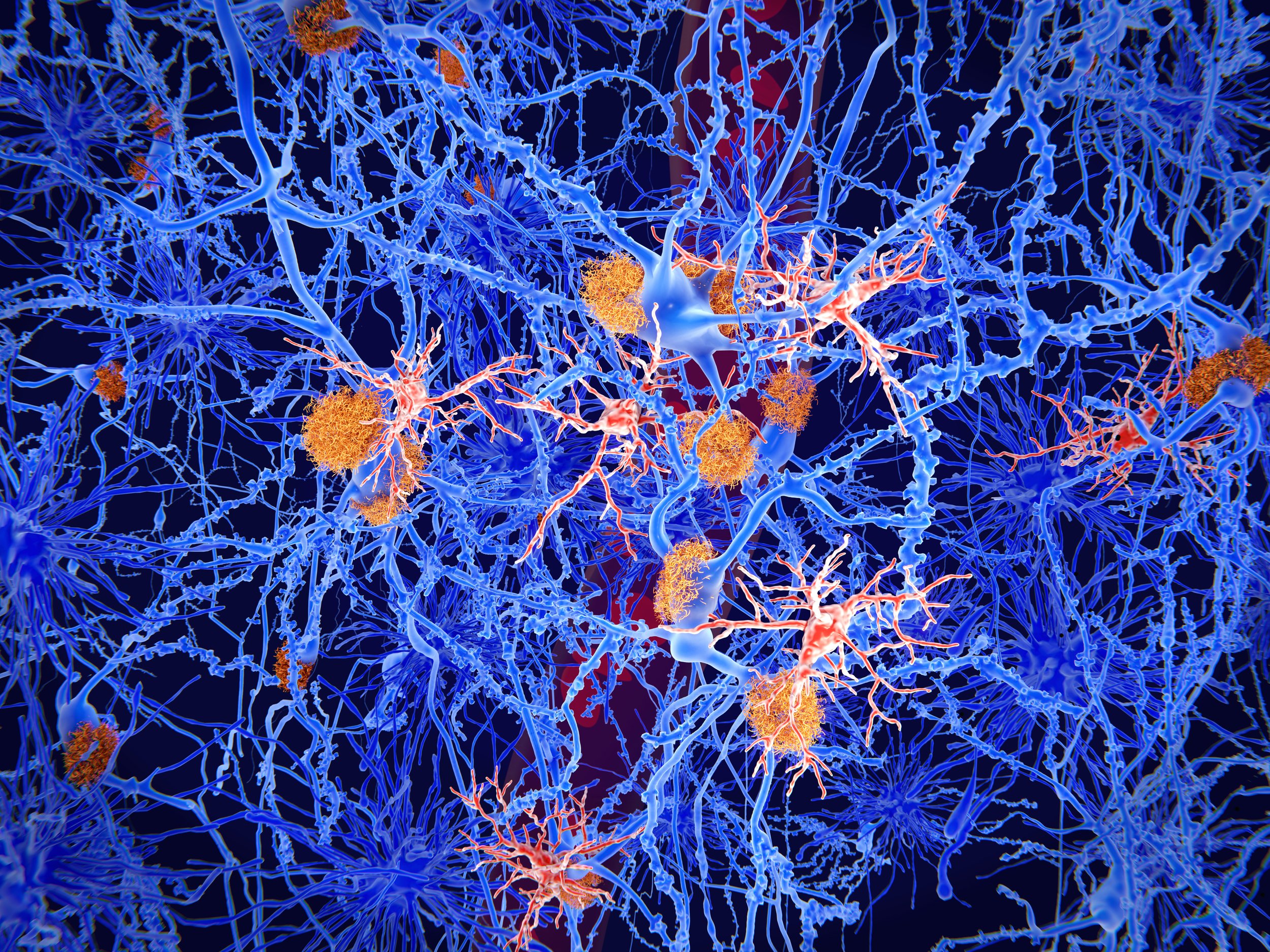
Apply
On this page you will find information on the following:
Summary of the PiNBAC Selection Process, Key Deadlines, Estimated Admissions Timeline, Application Components (including essay prompts), Letters of Recommendation Submission Process, Eligibility, etc.
FURTHER QUESTIONS
If you have any specific questions about your application, contact Chloe Denelsbeck at chloe_denelsbeck@hms.harvard.edu.
Key Dates
January 16, 2026: Application deadline - 11:59pm
January 30, 2026: Letters of recommendation deadline - 11:59pm
HOW TO SUBMIT LETTERS OF REC
When the applicant submits their application, their letter writers will receive an email with instructions on how to submit their letter. In that email there will be a secure link to a form where they will upload their letter.
Estimated Timeline
February 1-13: Applications reviewed
Week of February 16, 2026: Invitations to interview sent and interviews scheduled
February 23-March 13, 2026: Interviews take place
Week of March 16, 2026: Applicants are notified of their status, finalists invited to match with a lab
March 16-April 6, 2026: PiNBAC leadership facilitates lab matching based off of research interests and lab capacity for a new trainee
April 6, 2026: Notification of lab matching status sent (whether or not you matched with a lab)
Summer 2026: 2026-2028 PiNBAC cohort arrive in Boston and start in lab
Fall 2026: Official start of PiNBAC programming (core course, seminars, etc. begin)
Summary of the PiNBAC Selection Process
The PiNBAC committee will review all applications and invite a number of applicants to the semi-finalist interview stage. Semi-finalist candidates will be invited to interview with program leadership and an additional faculty member.
Following the interviews, the PiNBAC team will work to match finalists with a lab, and we will facilitate that process. Admission to the program is contingent upon securing a lab match.
All finalists will be notified of their lab matching status by April 6, 2026. Finalists who have matched with a lab will begin as PiNBAC trainees during Summer 2026, on a date agreed upon between the trainee and their lab.
Application Components
Transcript
Resume
One letter of recommendation required, up to three are accepted
Three Short Essays
*Please explain your interest in neuroscience and what you have done to explore the field. If you have previous research experience, please clearly describe your research project(s), including the specific research questions you explored, your relevant hypotheses, the approaches you used to study your question, and any predicted or observed results. We recommend you write and save your essay in a word processor like Microsoft Word or Google Docs and copy/paste into the application. (500 words maximum)
*Please tell us a bit about yourself and your motivation for applying to PiNBAC. Explain what you hope to get out of the PiNBAC experience and how participation in PiNBAC relates to your future academic and career goals. We recommend you write and save your essay in a word processor like Microsoft Word or Google Docs and copy/paste into the application. (500 words maximum)
*PiNBAC encourages applications from individuals with a variety of backgrounds, including but not limited to first-generation college students, low-income students, and those whose undergraduate university offered limited research opportunities. Please describe any aspects of your background that align with PiNBAC's mission to train recent college graduates from a variety of backgrounds. We recommend you write and save your essay in a word processor like Microsoft Word or Google Docs and copy/paste into the application. (500 words maximum)

